T4K3.news
Japan marks 80th anniversary of Hiroshima bombing
Ceremonies reflect on the impact while addressing Japan's evolving defense policy.
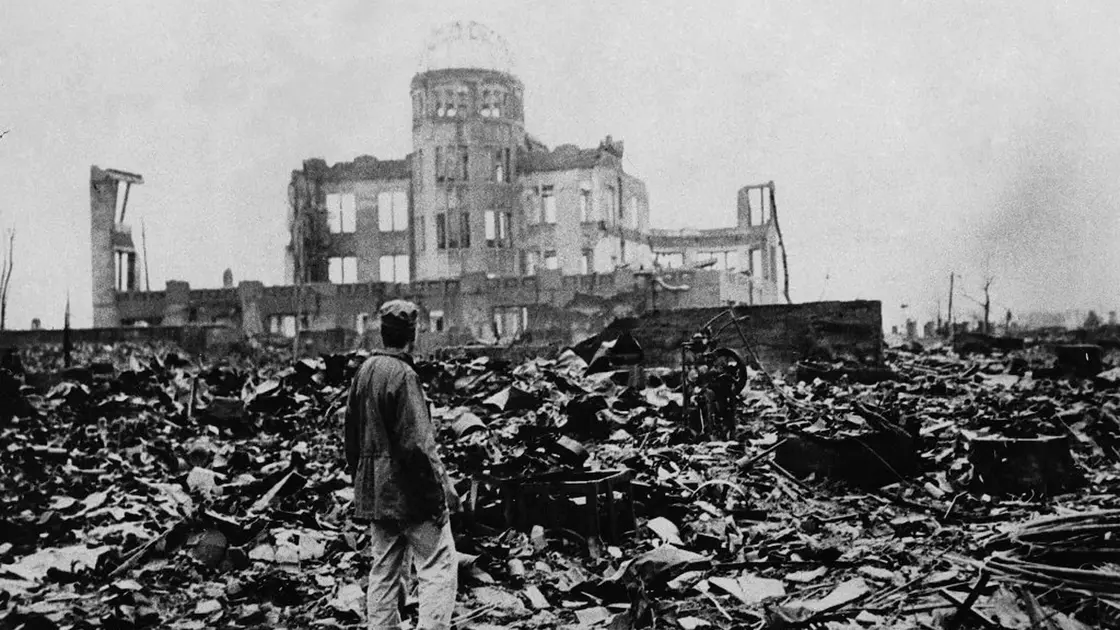
Japan acknowledges the 80th anniversary of the Hiroshima bombing amid changing global dynamics.
Japan reflects on 80 years since Hiroshima while facing new realities
Japan commemorates the 80th anniversary of the atomic bombing of Hiroshima on August 6, 1945, marked by a growing dialogue about national security. The bombings had unprecedented consequences, leading to Japan's swift surrender in World War II. Today, with more than 50,000 U.S. troops stationed in the country under a nuclear umbrella, Japan is experiencing a notable shift in its postwar identity. Conflicts involving North Korea and China have prompted active discussions about Japan's military stance. The Japanese constitution, which renounces war, faces scrutiny as political leaders expand debates on national defense. While there are calls for Japan to increase military funding, strong opposition remains among survivors of the bombings, known as hibakusha, emphasizing disarmament and peace.
Key Takeaways
"We atomic bomb survivors call on all countries to sign and ratify the Treaty on the Prohibition of Nuclear Weapons for peace."
The statement reflects the ongoing advocacy of hibakusha for global nuclear disarmament.
"Ukraine today may be East Asia tomorrow."
This comment underscores the shifting security perceptions in Japan amidst rising regional tensions.
"Nuclear deterrence may prevent nuclear war, but it increases the risk of conventional conflicts."
Kazuko Hikawa discusses the complexities of nuclear policy amid current global conflicts.
"This young life was lost. It's unbearable. She wanted to see her family."
Tomoko Matsuo recalls her sister’s tragic experience during the bombing, emphasizing the human cost of war.
As Japan observes the 80th anniversary of the Hiroshima bombing, the contrast between remembrance and modernization becomes stark. The shift from a pacifist stance to more assertive military involvement reflects a broader global trend of countries reevaluating their defense priorities amid emerging threats. Japan's active participation in international military exercises and alliances reshapes its identity, moving away from its postwar pacifism. This evolving stance invites both concern and optimism, revealing the complex balance between national security and historical reflection.
Highlights
- Remembering Hiroshima means recognizing the dangers still ahead.
- Hibakusha voices remind us of the cost of nuclear conflict.
- Japan stands at a crossroads of peace and military readiness.
- The legacy of Hiroshima shapes today's geopolitical landscape.
Rising military tensions pose risks for Japan’s postwar identity
As Japan re-evaluates its defense policies and military spending, public sentiment remains divided. The potential for backlash among the hibakusha and peace advocates adds complexity to Japan’s military rearmament discussions.
The future of Japan's defense policy remains a critical topic for national and international relations.
Enjoyed this? Let your friends know!
Related News
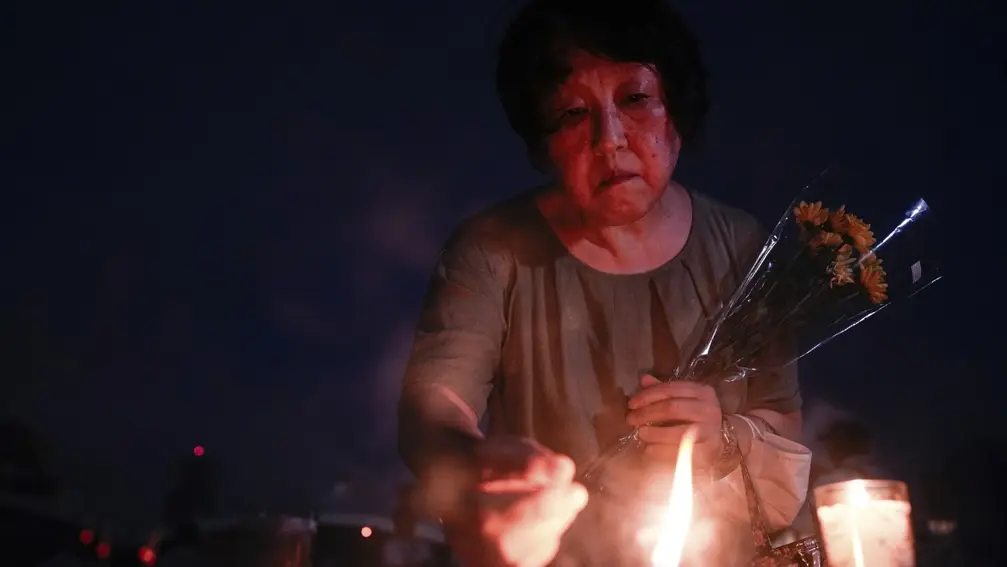
Hiroshima marks 80th anniversary of atomic bombing
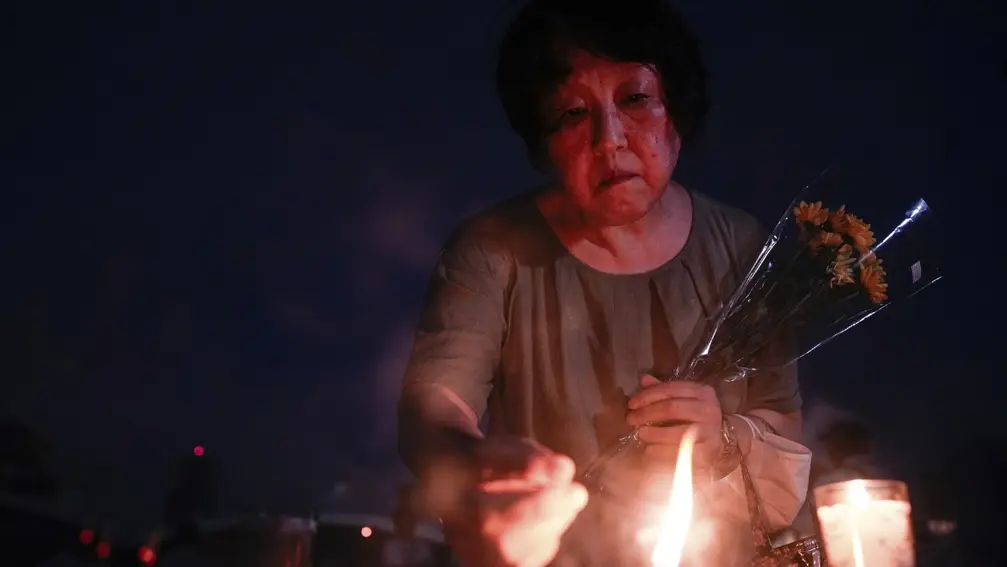
Hiroshima commemorates 80th anniversary of atomic bombing
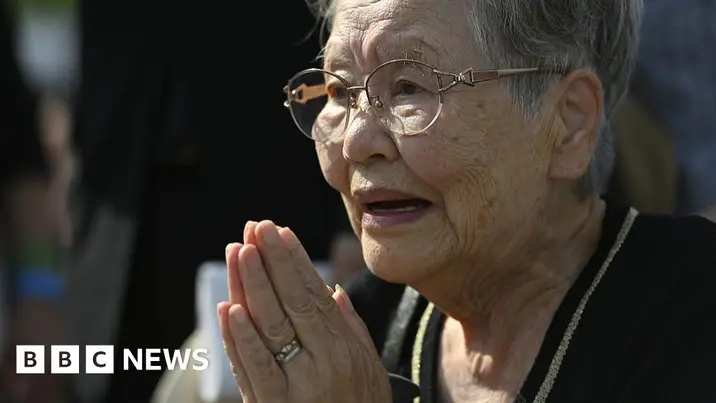
Hiroshima commemorates 80 years since atomic bombing
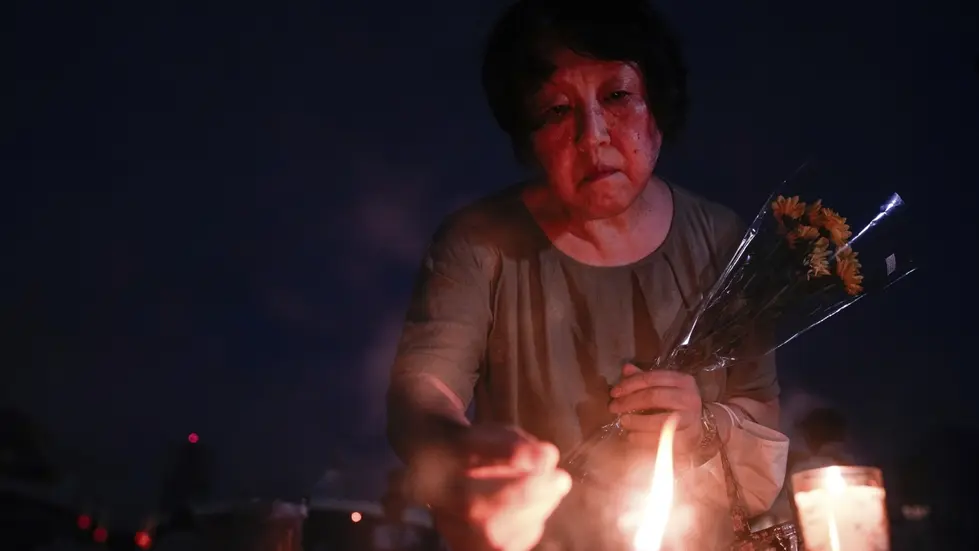
Hiroshima marks 80 years since atomic bombing
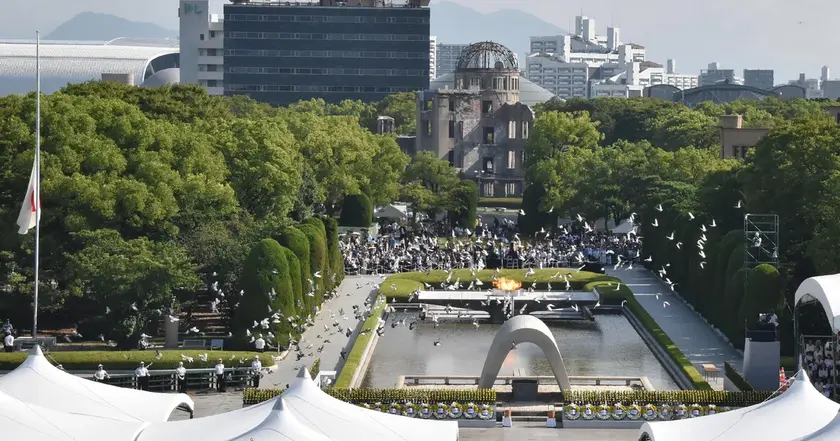
80th anniversary marks solemn reflection in Hiroshima
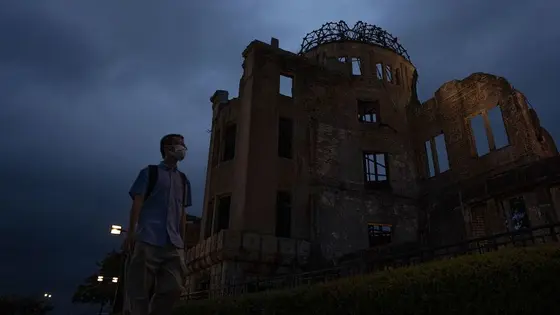
World marks Hiroshima's 80th anniversary amid nuclear tensions
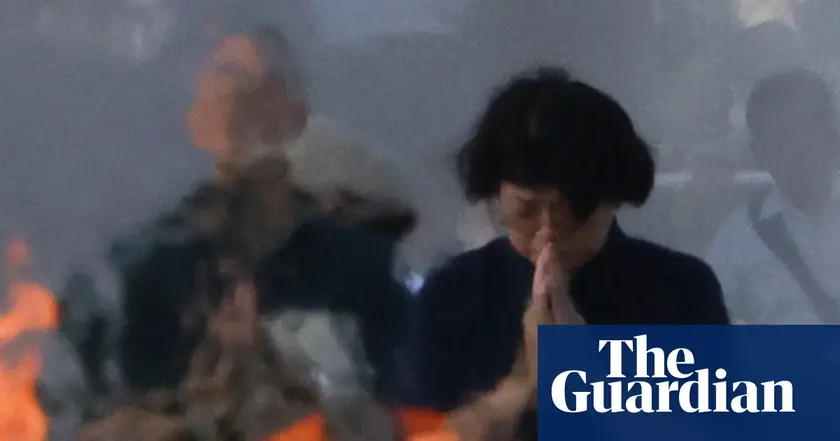
Hiroshima mayor urges nuclear disarmament on anniversary
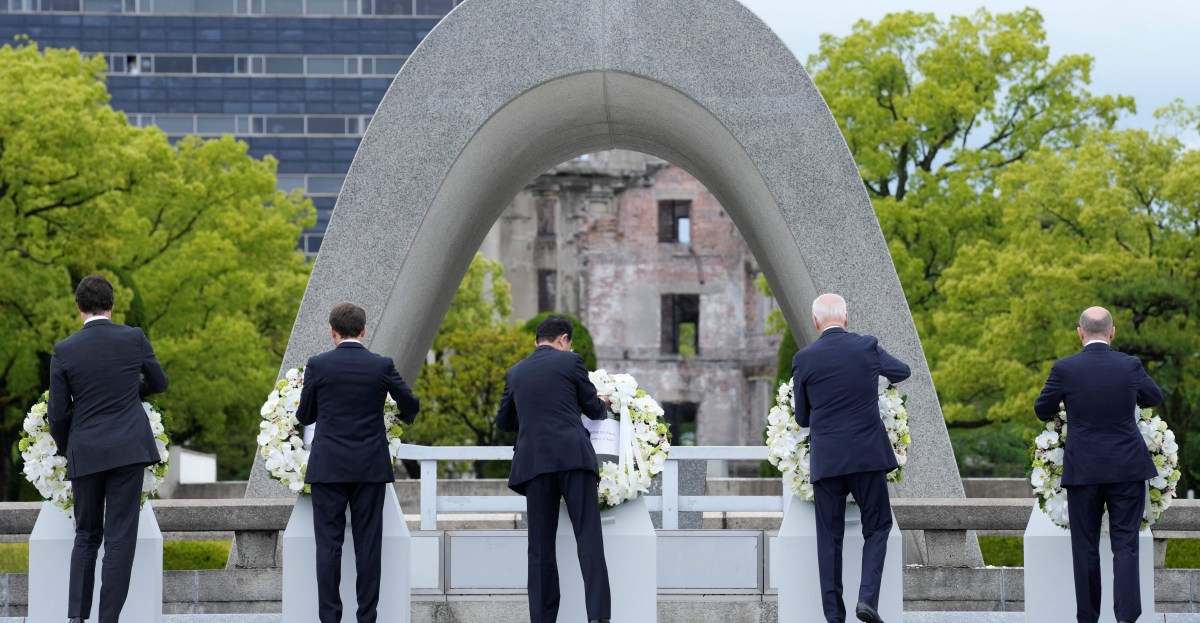
World marks Hiroshima anniversary with renewed nuclear fears
